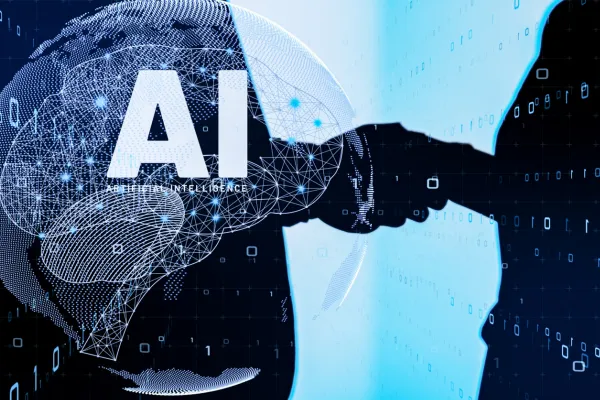
Stay Informed Through our Blog

Integrating Technology for Seamless Security: Leveraging IoT and AI Solutions in Religious and Business Environments

1. Enhanced Security and Threat Detection
Proactive Threat Identification:
- AI-Powered Surveillance: AI can analyze live video feeds in real-time to detect suspicious activities or behaviors that might go unnoticed by human operators. This proactive approach can help in identifying potential threats early and addressing them before they escalate.
- Pattern Recognition: AI can recognize patterns and anomalies in behavior or data, which can be useful for detecting unusual activity or potential security breaches in both religious and business settings.
Application:
- Religious Environments: AI can enhance the safety of places of worship by monitoring for suspicious behaviors and ensuring that security personnel are alerted to potential issues swiftly.
- Business Environments: AI can protect sensitive business data and detect fraudulent activities, as well as monitor physical security within business premises.
2. Efficiency and Resource Management
Optimized Resource Allocation:
- Automated Monitoring: AI solutions can automate routine security tasks, such as monitoring surveillance feeds and analyzing access control logs. This frees up human resources for more complex tasks and decision-making.
- Predictive Analytics: AI can use historical data to predict potential security issues and suggest preventative measures, helping to allocate resources more effectively.
Application:
- Religious Environments: AI can manage security systems more efficiently, reducing the need for constant human supervision and allowing security personnel to focus on more critical tasks.
- Business Environments: AI can streamline operations by integrating with existing security systems, managing alerts, and providing actionable insights without overburdening staff.
3. Enhanced User Experience and Accessibility
Seamless Integration:
- User-Friendly Systems: AI can integrate various security systems (e.g., access control, surveillance, alarm systems) into a single platform, making it easier to manage and access security data.
- Improved Accessibility: AI-driven systems can offer advanced features such as facial recognition and automated access control, which enhance both security and convenience for users.
Application:
- Religious Environments: For places of worship, AI can streamline visitor management, ensuring that access is secure while maintaining a welcoming atmosphere.
- Business Environments: AI can enhance security protocols while making them less intrusive, improving the overall experience for employees and customers.
4. Data Privacy and Compliance
Adherence to Regulations:
- Advanced Encryption: AI solutions can implement robust encryption and data protection measures to safeguard sensitive information and ensure compliance with privacy regulations.
- Anomaly Detection: AI can help in detecting and responding to data breaches or unauthorized access attempts quickly, which is critical for maintaining data privacy and regulatory compliance.
Application:
- Religious Environments: Ensuring that any personal data collected (e.g., from visitor management systems) is handled in accordance with privacy laws and regulations.
- Business Environments: Implementing AI solutions to protect customer and business data, ensuring compliance with data protection regulations such as GDPR or CCPA.
5. Adaptability and Scalability
Flexible Security Solutions:
- Scalable Systems: AI solutions can be scaled to fit the needs of various environments, from small religious gatherings to large corporate campuses, providing adaptable security solutions.
- Continuous Improvement: AI systems can learn and evolve based on new data and trends, ensuring that security measures remain effective as threats and technologies change.
Application:
- Religious Environments: AI can be tailored to the specific needs of different religious settings, from small community centers to large places of worship.
- Business Environments: Businesses can scale AI security solutions as they grow or as their needs change, ensuring that security measures remain relevant and effective.
6. Improved Incident Response and Management
Rapid Response Capabilities:
- Automated Alerts: AI can generate immediate alerts and responses to detected security incidents, enabling a faster reaction to potential threats.
- Incident Analysis: AI can assist in analyzing incidents by providing detailed reports and insights, which can be used for improving future security measures.
Application:
- Religious Environments: Quick response to incidents can prevent disruptions and enhance the safety of worshippers.
- Business Environments: Rapid incident response can minimize downtime and reduce potential losses, ensuring business continuity.
In summary, leveraging AI solutions in religious and business environments is important for enhancing security, improving efficiency, and ensuring compliance with privacy regulations. By integrating AI technology, these environments can benefit from advanced threat detection, streamlined operations, and scalable, adaptable security solutions that address both current and future needs.
